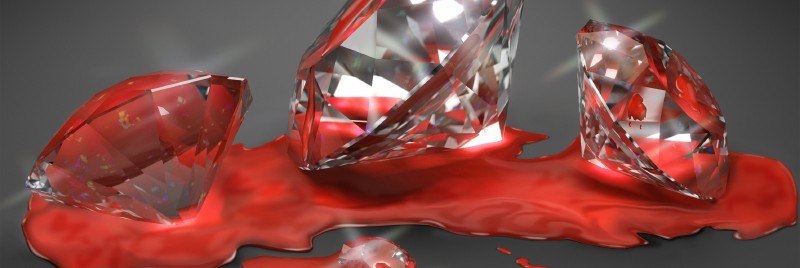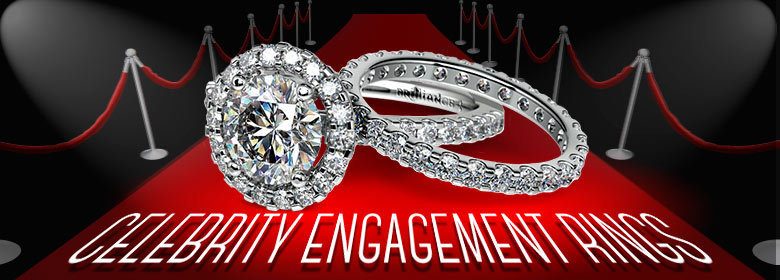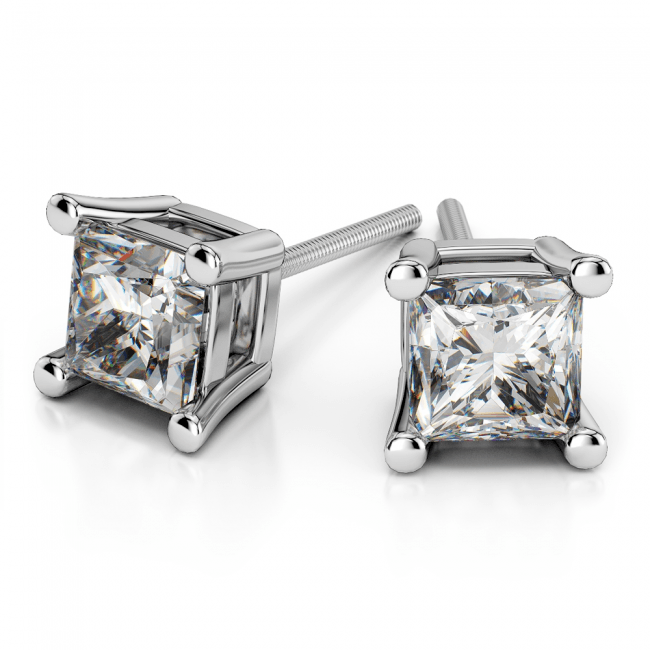(Why A Conflict Free Diamond Is Not Everything)
“Conflict free diamonds” is a phrase that’s probably familiar to those who watched the 2006 film Blood Diamond. When a jeweler advertises its diamonds as such, it often means that the stones are Kimberley Process-certified, and that the mining, cutting, and shipping of the diamond did not fund any rebellious conflict somewhere in the world.
However, despite the focus on and strict implementation of a conflict-free diamond trade, unethical practices in the jewelry business still occur. Not everyone is aware of appalling conditions behind the smooth, seemingly professional facade of large diamond retailers.
What exactly makes up an ethical diamond ring? Here are some things to consider:
Are the diamonds from mines that have high labor and environmental standards?
Certain countries where diamonds are sourced have poor working conditions that threaten the workers’ quality of life. Case in point: some mines in Zimbabwe are in close proximity to torture camps, making the laborers fear for their own lives on a daily basis. Another concern is where the diamonds are cut and polished after they are mined. Sweatshops endanger lives with abusive factory set-ups that demand long hours for very little pay.
An ethical ring company will not take part in any of these practices. Instead, it will support mines and diamond operations with respect for workers’ rights, and that meet labor and environmental standards.
Do they use or support child labor?
Sadly, there are still some diamond retailers who overlook the fact that there are children being used in third world country sweatshops to produce their jewelry for them. In some places in Mali, for instance, thousands of children work as ore miners at a very young age. This practice doesn’t just violate child labor laws, it endangers the children who are regularly exposed to toxic elements that threaten their long-term health.
Do the companies encourage recycling?
Natalie Portman has made recycling rings fashionable with her then-fiance’s engagement ring choice for her. Ethical diamond ring producers should never turn down a chance to re-fashion an old diamond or an heirloom piece if it will significantly lessen decades’ worth of toxic mine waste.
Do they provide ethical education to customers?
If you’re shopping for a diamond ring, don’t be afraid to ask jewelers about their policy on conflict diamonds. It is their duty to provide ethical education and information to clients when asked, and to produce proof and certification of such ethical practices.
Do they practice Fair Trade in all aspects of jewelry production?
From mining to cutting and polishing, Fair Trade should be practiced at all times. Fair Trade ensures that workers are protected from dangerous and unfair labor practices, and that the suppliers, buyers, and anyone interested in the jewelry industry are aware of these practices.
A company that is careful to produce an ethical diamond ring will also help create jobs in the countries that produce those diamonds. This means that they will not export raw diamonds and have them cut and polished in another area; rather, they would use the workforce of the country where the diamond was mined.




